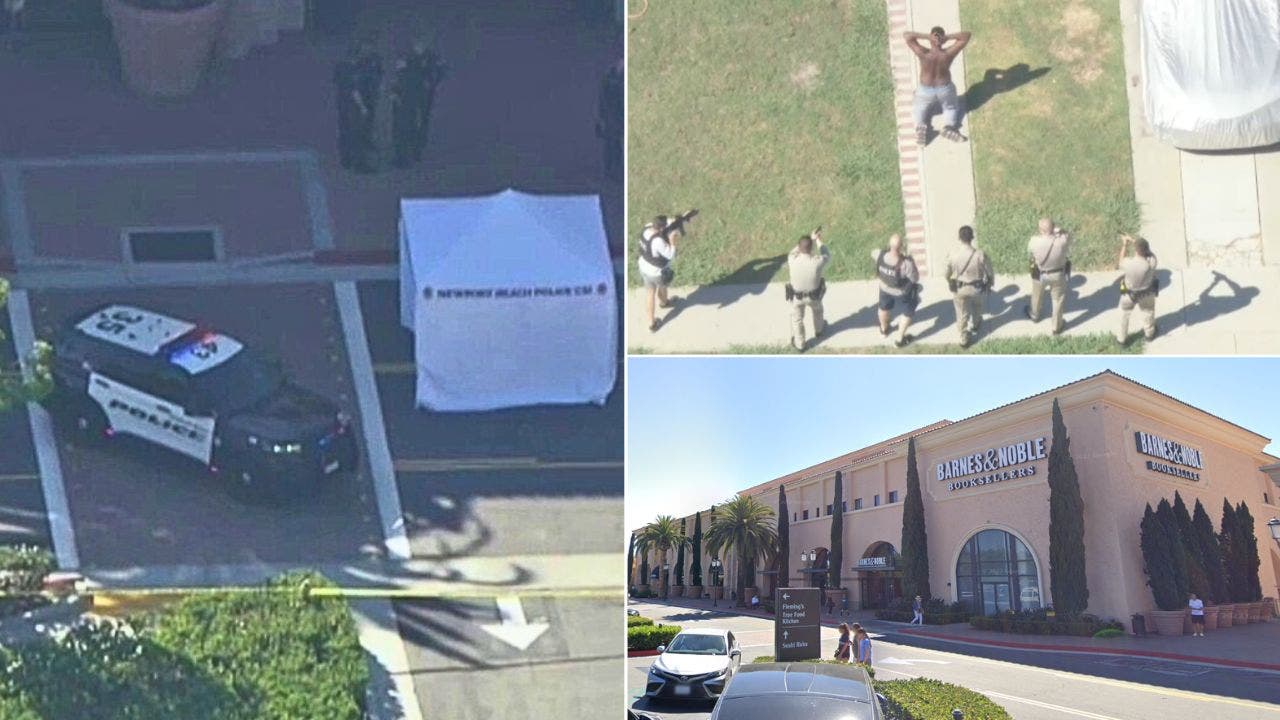The United States military has not activated a draft in more than 50 years, but Congress is weighing proposals to update mandatory conscription, including by expanding it to women for the first time and automatically registering those eligible to be called up.
The proposals making their way through the House and Senate stand a slim chance of becoming law, and none would reinstate the draft compelling service right away. But the debate over potential changes reflects how lawmakers are rethinking the draft at a time when readiness issues have risen to the fore and as the Pentagon is facing recruitment challenges amid a raft of risks and conflicts around the world.
The House last week passed an annual defense policy bill that, along with authorizing $895 billion in military spending including for a 19.5 percent pay raise for troops, contained a bipartisan proposal that would make registering for the draft automatic and expand the maximum age from 25 to 26 years old. At the same time, a Senate committee last week approved a version of the Pentagon policy bill that would expand the registration requirement to women. Senator Jack Reed, Democrat of Rhode Island and the chairman of the panel, has championed the draft parity proposal.
Current law requires most men between the ages of 18 and 25 to register with the Selective Service, the agency that maintains a database of information about those who might be subject to military conscription, commonly referred to as a draft. The program is aimed at allowing military officials to determine who is eligible as a conscript in the event that Congress and the president activate the draft, which last happened in 1973 at the end of the Vietnam War.
Failure to register is considered a crime and can lead to a range of punishments.
At least 46 states and territories have laws that automatically register men for Selective Service when they get a driver’s license or apply for college, which has helped the program drive a high compliance rate. In 2023, more than 15 million men registered across the country, about 84 percent of those eligible.
Defense Department officials say the number of young Americans who volunteer for military service has dropped, continuing a trend of decline since the wars in Afghanistan and Iraq. According to the latest reports, less than 1 percent of adults in the United States serve in active duty combat roles, a significant drop from the last draft era in the 1960s, when a far greater proportion of Americans served in combat.
A panel of military experts suggested to Congress in 2020 that including women in the draft would be “in the national security interest of the United States.” Since then, Congress has repeatedly considered proposals to make the change, but they have all been scrapped before becoming law.
Women have since 2016 been allowed to serve in every role in the military, including ground combat, and there is some degree of bipartisan support for the idea that they should also be required to be subject to the draft. Senator Lisa Murkowski, Republican of Alaska, noted that she championed a similar proposal during her time in the Alaska statehouse and Senator Susan Collins of Maine said the change “seems logical.”
But the idea of adding women to the draft has for years run into a brick wall of opposition among conservative Republicans, and at least one G.O.P. Senate candidate is seeking to use the issue to attack his Democratic opponent.
Shortly after the Senate panel approved the change, Sam Brown, a combat-wounded former Army captain who is challenging Senator Jacky Rosen, Democrat of Nevada, in one of the most competitive races in the country, condemned Ms. Rosen for supporting the proposal.
Mr. Brown called the move “absurd” and “unacceptable” in a video he posted on social media. “Our daughters will not be forced into a draft,” he said.
Other right-wing Republicans were quick to link the proposed addition of women to draft registration to what they argue is a trend of progressiveness run amok in the United States military. Senator Josh Hawley, Republican of Missouri, called it another “woke” decision being imposed on the nation’s armed forces.
“We need to get reality back in check here,” Mr. Hawley said on Fox News. “There shouldn’t be women in the draft. They shouldn’t be forced to serve if they don’t want to.”
The proposal for automatic registration has generated less controversy. Proponents argue it would streamline and lower spending for an agency that spends millions of dollars a year reminding citizens and residents of a certain age that registering is required by law.
Representative Chrissy Houlahan, Democrat of Pennsylvania and an Air Force veteran, who spearheaded the proposal said it would “cut the government red tape that exists and allow an important government office to be more efficient and to save money for more American taxpayers.”
Representative Don Bacon, a Nebraska Republican who also served in the Air Force, characterized the proposed change as “outstanding.”
Yet the measure is poorly understood, and the action in Congress in recent days has been misinterpreted in some quarters as a reinstatement of the draft itself.
Cardi B, a famed rapper known for her tendency to occasionally weigh in on political topics, expressed skepticism that the current generation of young American men was prepared to be called into combat.
“These new kids? You want to send these new kids to fight these wars?” Cardi B said in a since-expired video on social media.
“All I want to say is to America is: Good luck with that.”






